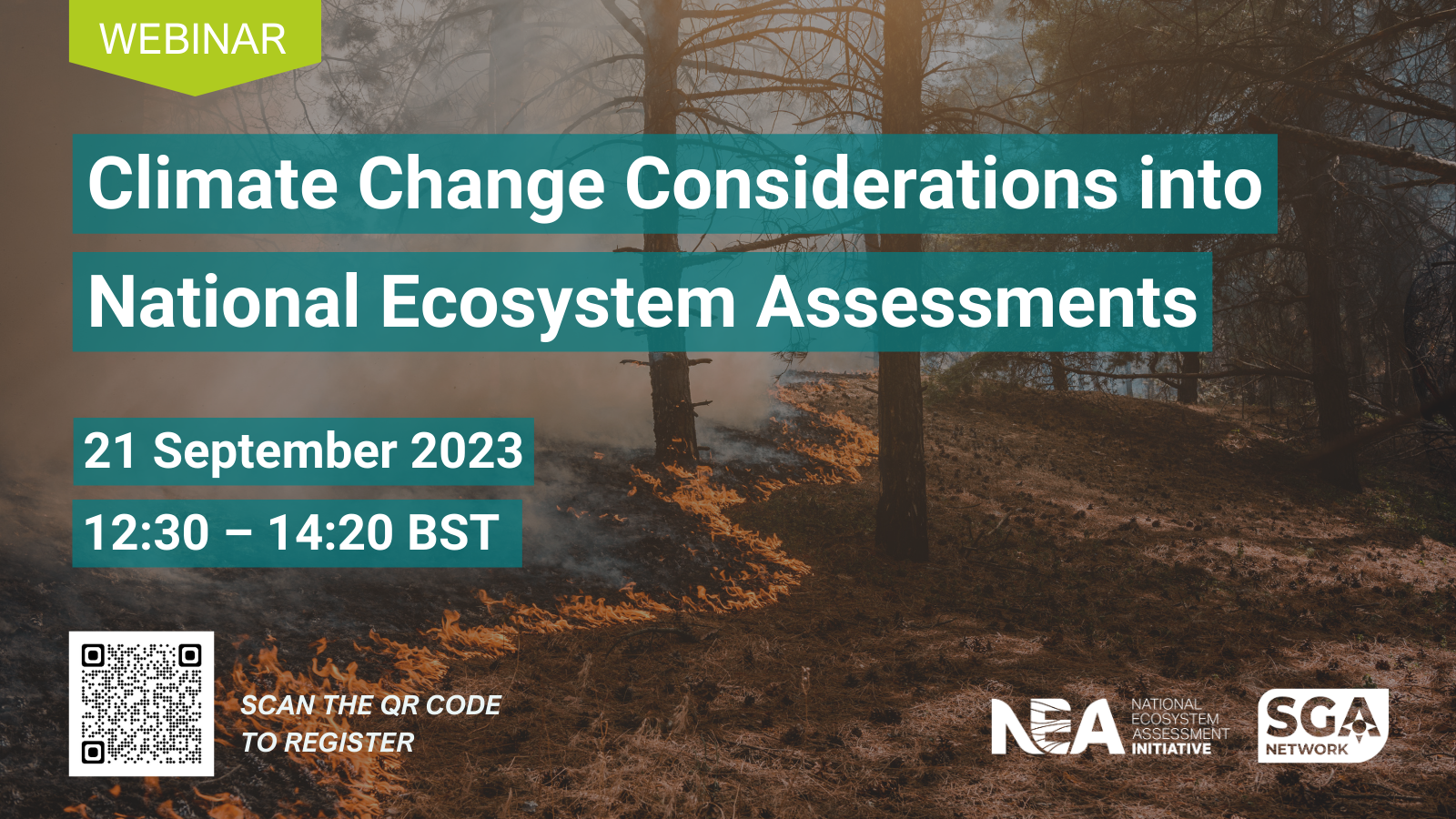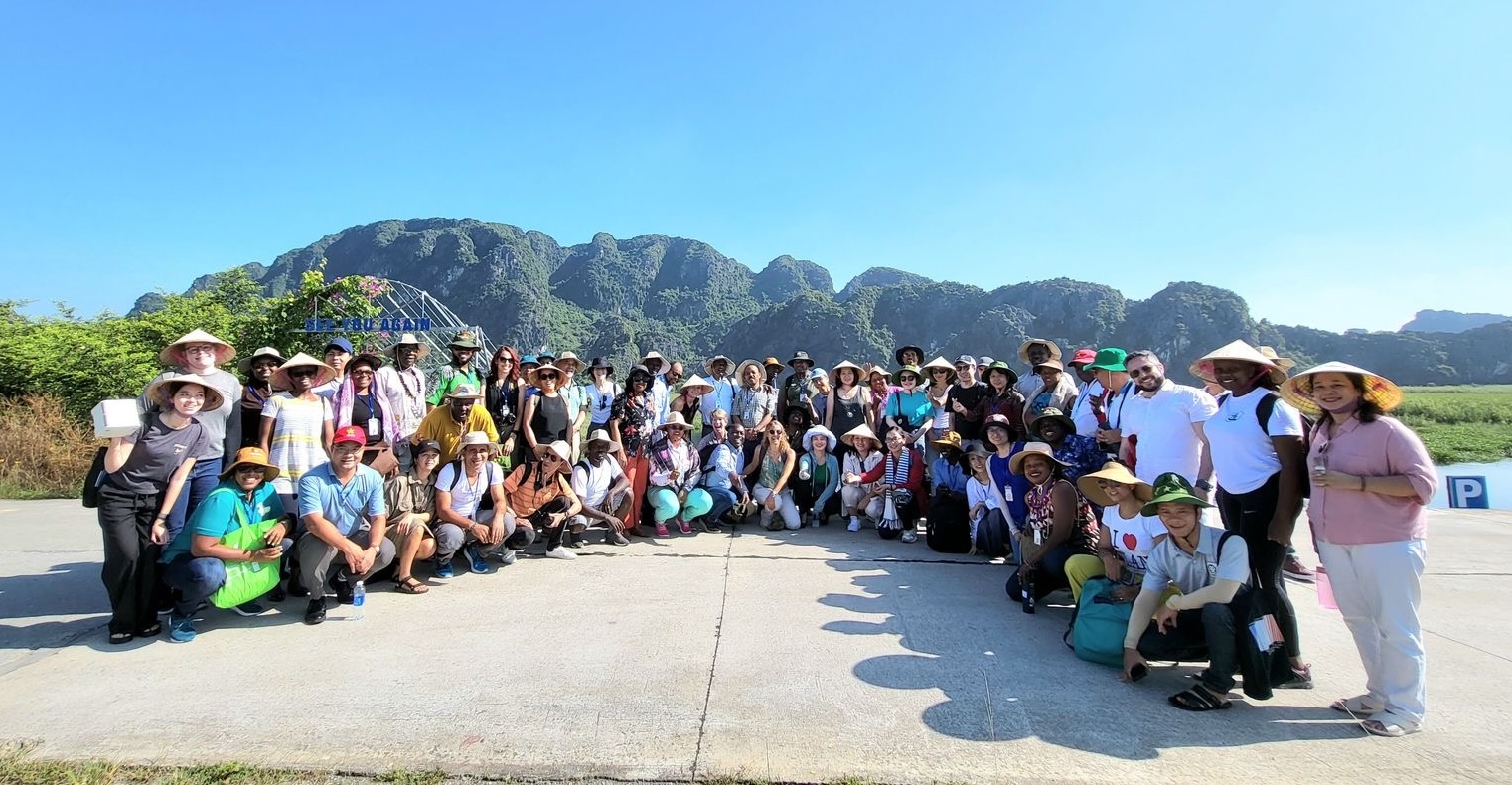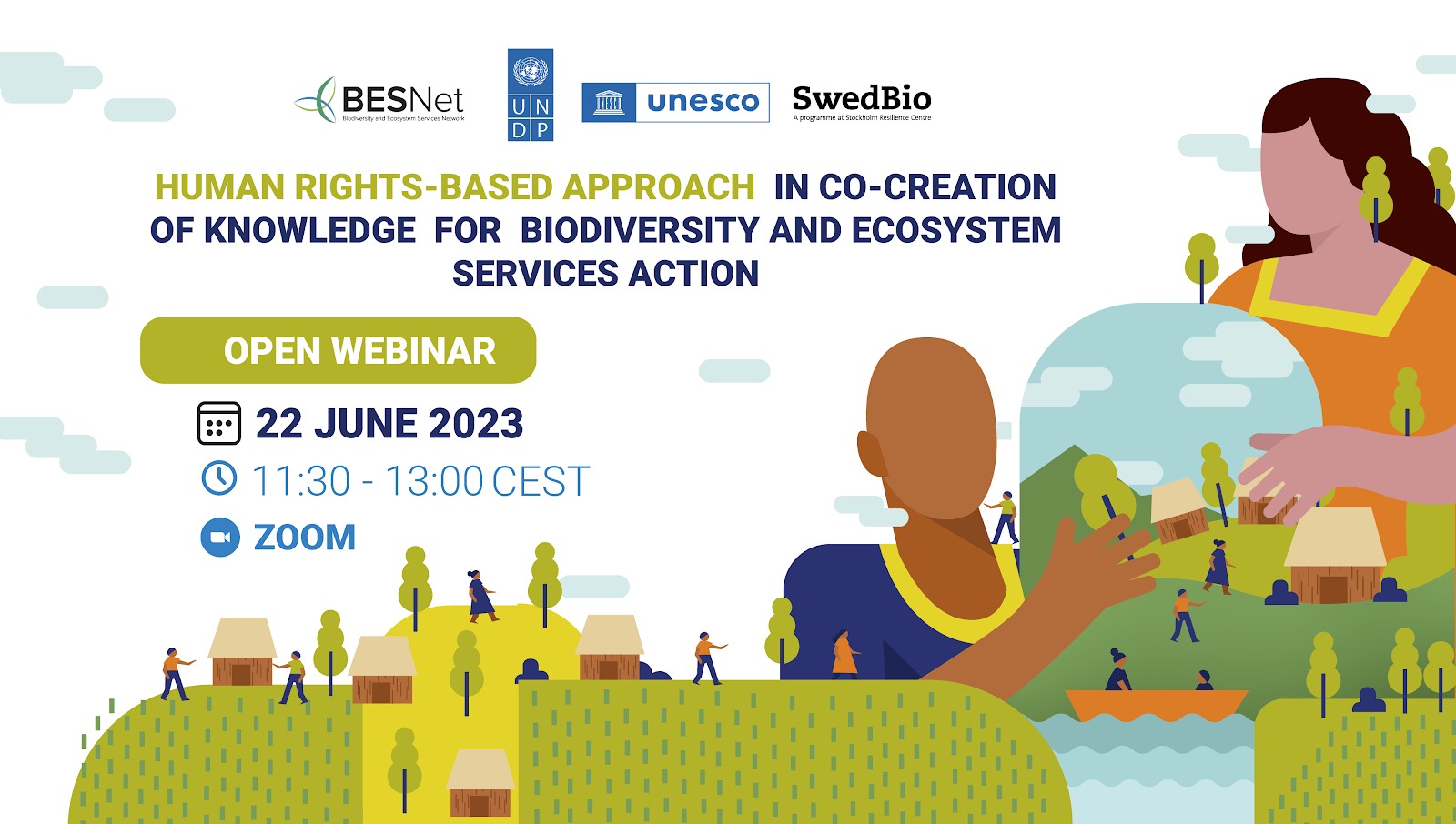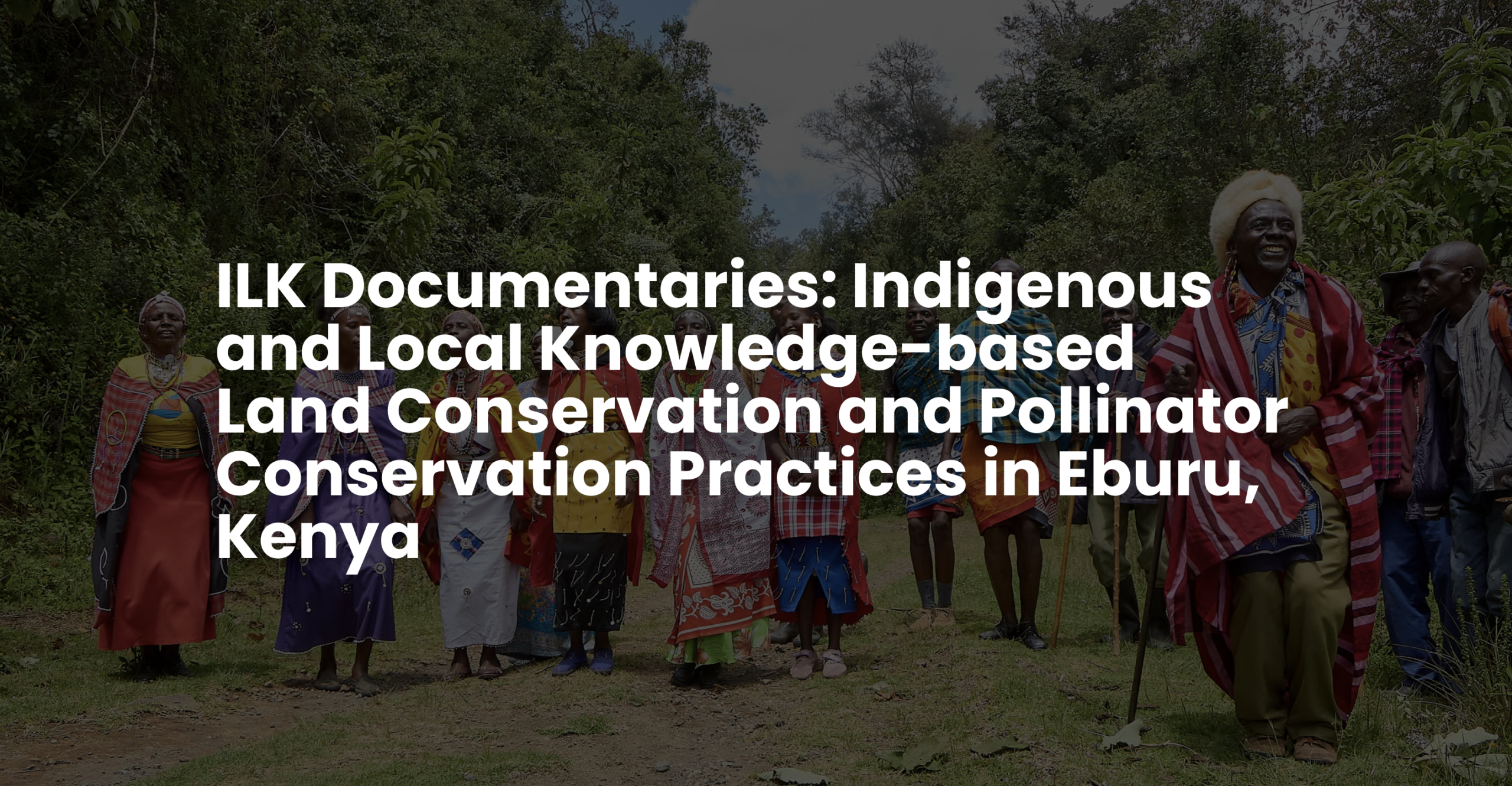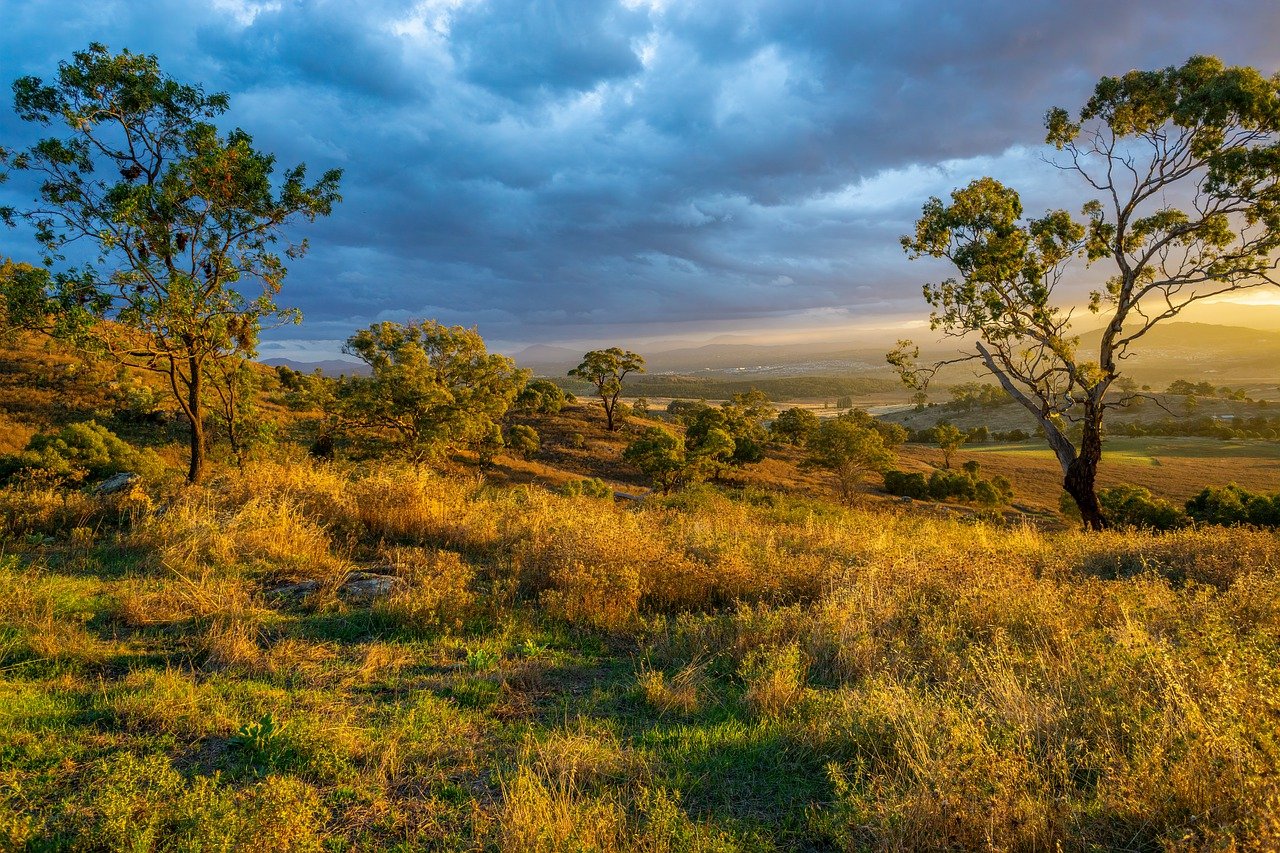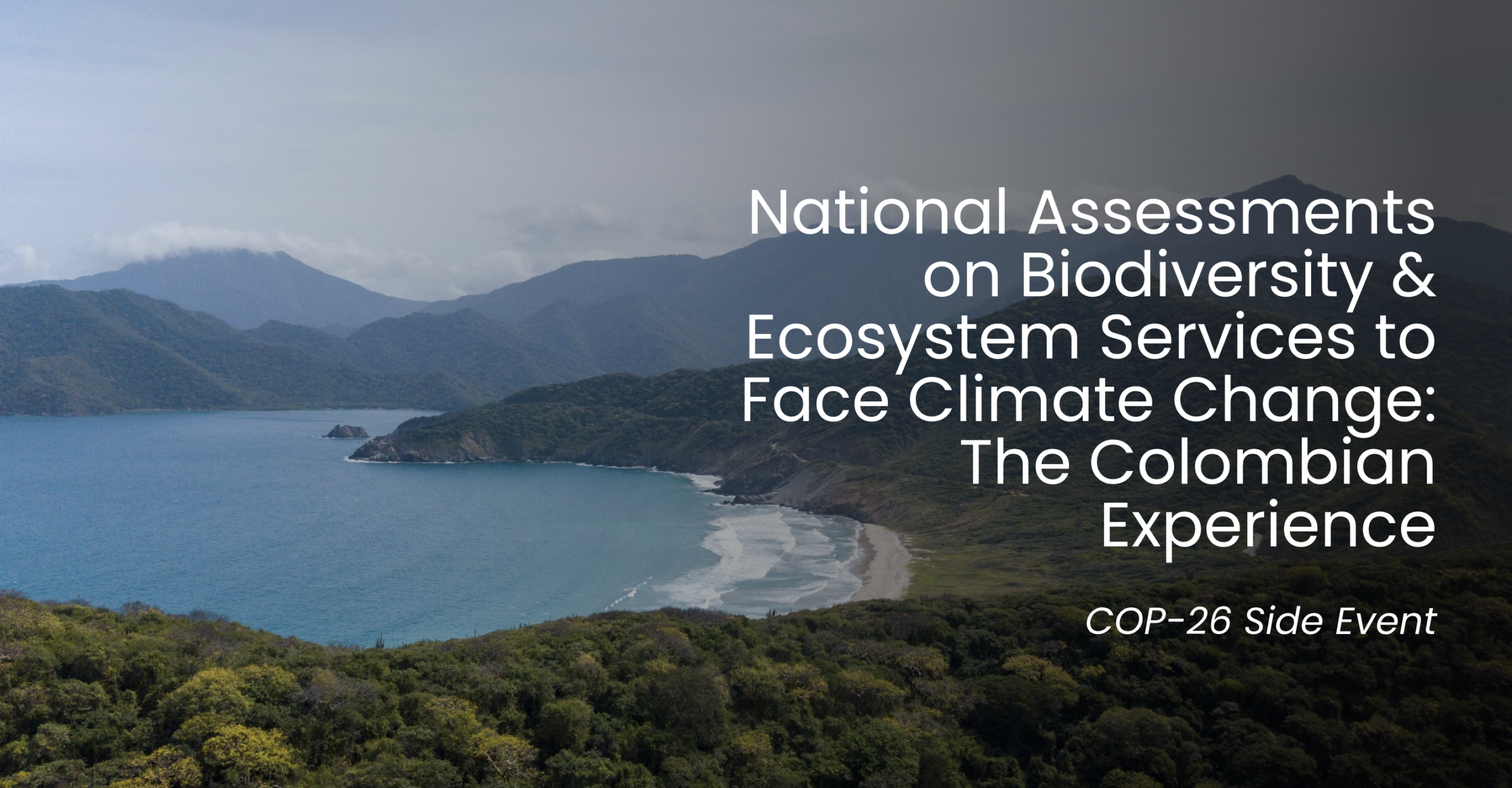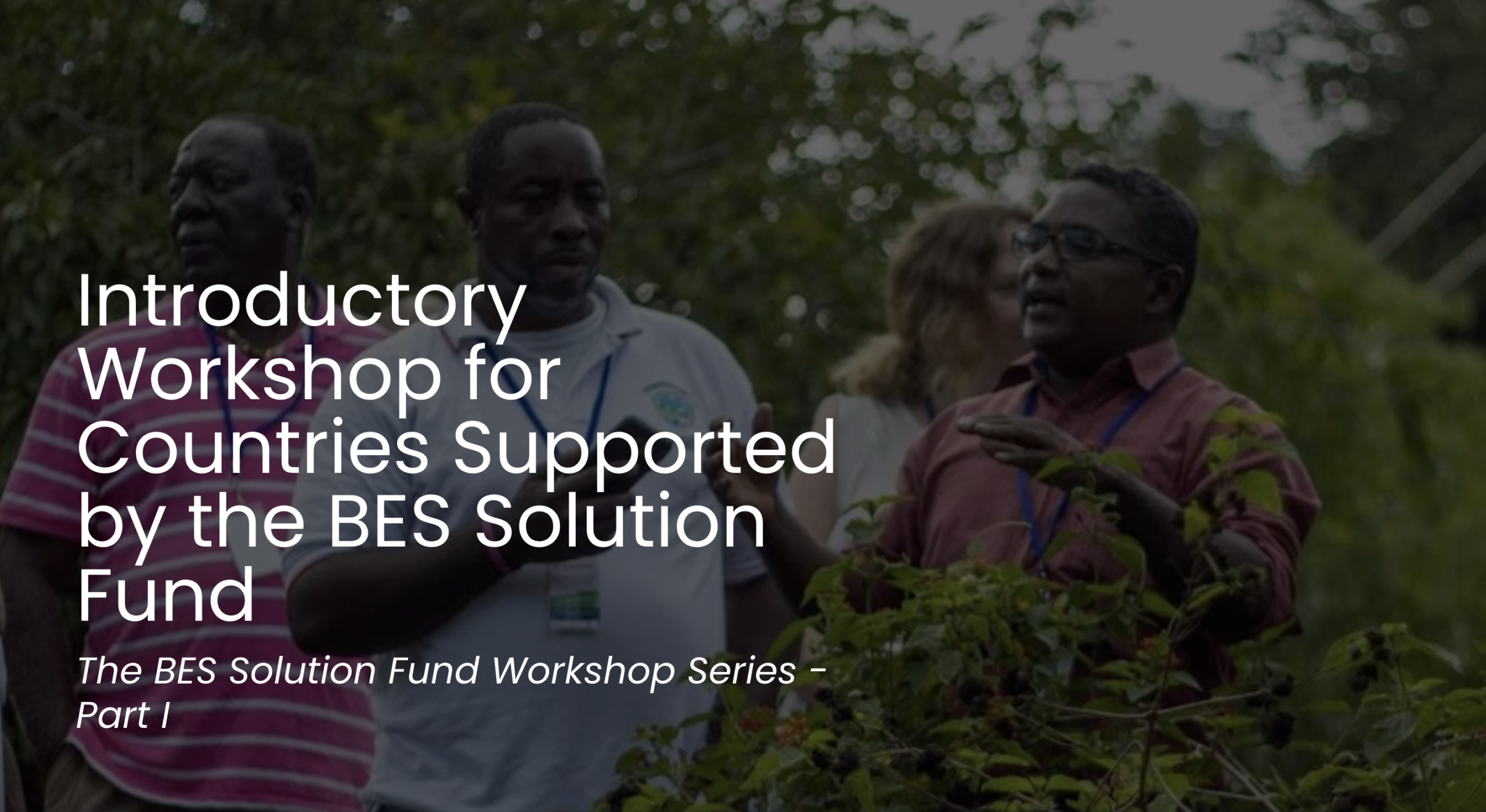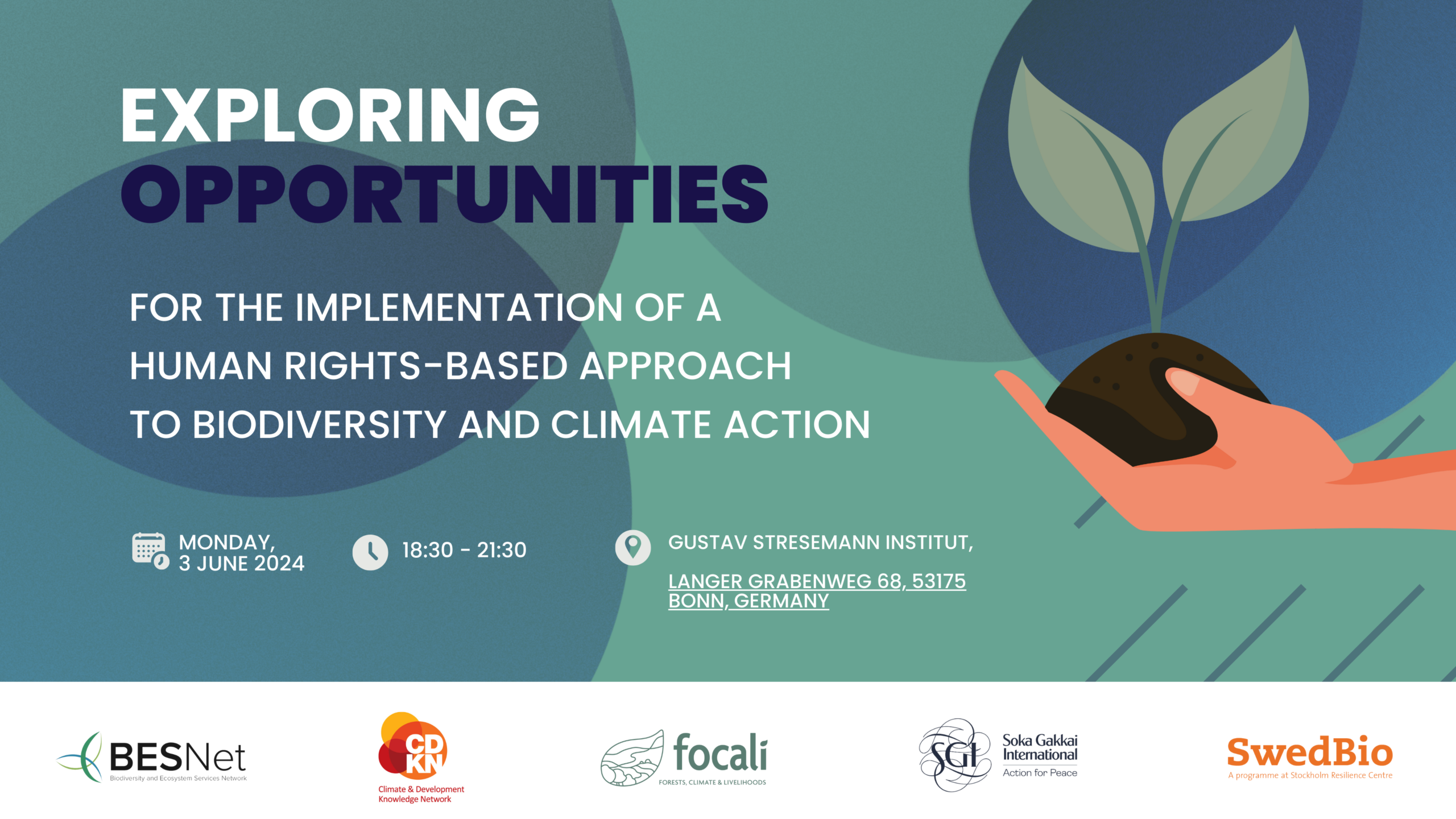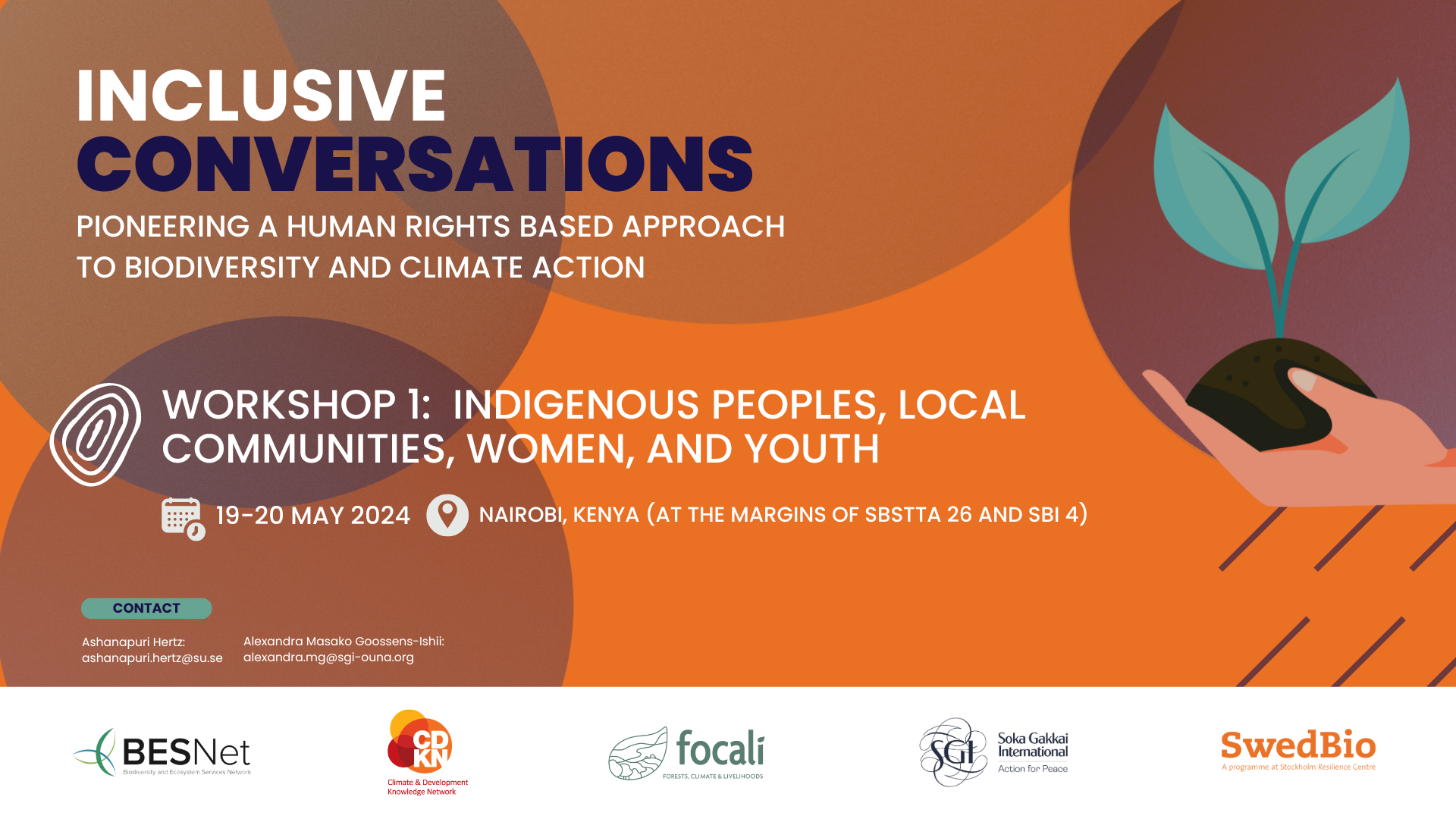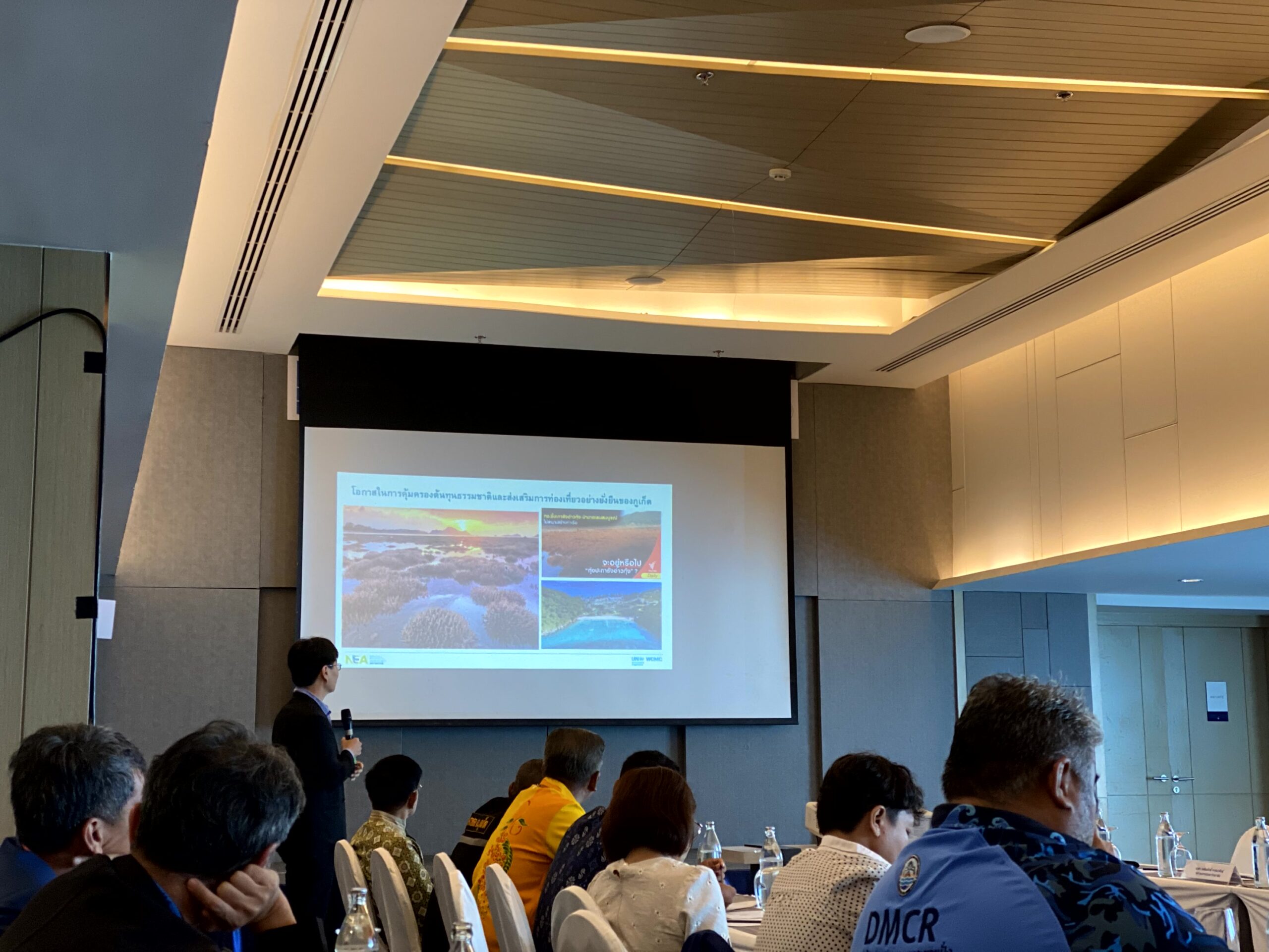Anthropogenic pressures are causing ecosystems around the world to change at an increasing rate. Accurate and high-level monitoring of these changes is necessary, yet traditional survey techniques are often taxonomically focussed, laborious, or scale poorly.
In this talk, we will explore how fully automated eco-acoustic monitoring can address the challenge of accurately mapping large scale ecological changes over long time periods. We will cover rugged recording devices which upload audio in real-time directly from the field (www.bugg.xyz), as well as the state-of-the-art machine learning analyses being developed to make sense of the incoming data. In addition to covering the technology, we will discuss how eco-acoustic monitoring is being used to solve real ecological challenges; from a tropical forest fragmentation experiment in Malaysian Borneo (SAFE Acoustics http://acoustics.safeproject.net), to a study investigating the composition and dynamics of avian communities in Norway (Sound of Norway https://thesoundofnorway.com/).
As eco-acoustic monitoring continues to mature, there will be countless more opportunities for it to contribute to fundamental scientific discovery, evidence-based nature management, and sustainable policy development.


